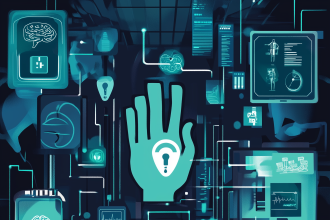As first reported by SC Media, the healthcare sector is embracing artificial intelligence at breakneck speed, deploying AI tools for diagnostics, documentation, and clinical decision-making. But this acceleration mirrors the telemedicine surge during the pandemic, where speed outpaced security. Hospitals are fast-tracking AI implementations—often within 90 days—without comprehensive oversight, governance, or CISO involvement. Like telehealth’s early use of consumer-grade platforms, AI is now being driven by startups and integrated via shadow IT, creating gaps in data control and oversight.
The article warns that regulatory frameworks are struggling to keep up, just as they did during the initial telehealth wave. The FDA and NIST are working on AI guidance, but many institutions are already using AI tools without tailored risk assessments, clear audit trails, or protections for sensitive patient data used in model training. Without robust anonymization and monitoring, AI deployments pose unique risks—from inadvertent misdiagnoses to malicious manipulation of models. These dangers are magnified because AI can directly influence clinical outcomes in a way telemedicine never could.
To avoid repeating the same costly cybersecurity oversights, the article urges healthcare leaders to embed security into every phase of AI adoption. That includes building AI-specific data governance, vetting third-party vendors, training clinical staff on limitations and risks, and logging AI activity for auditability. While AI offers transformative benefits in reducing workloads and improving care, the report stresses that innovation cannot come at the cost of patient safety or trust. Cybersecurity must be treated as foundational—not optional—to the future of AI in medicine.





